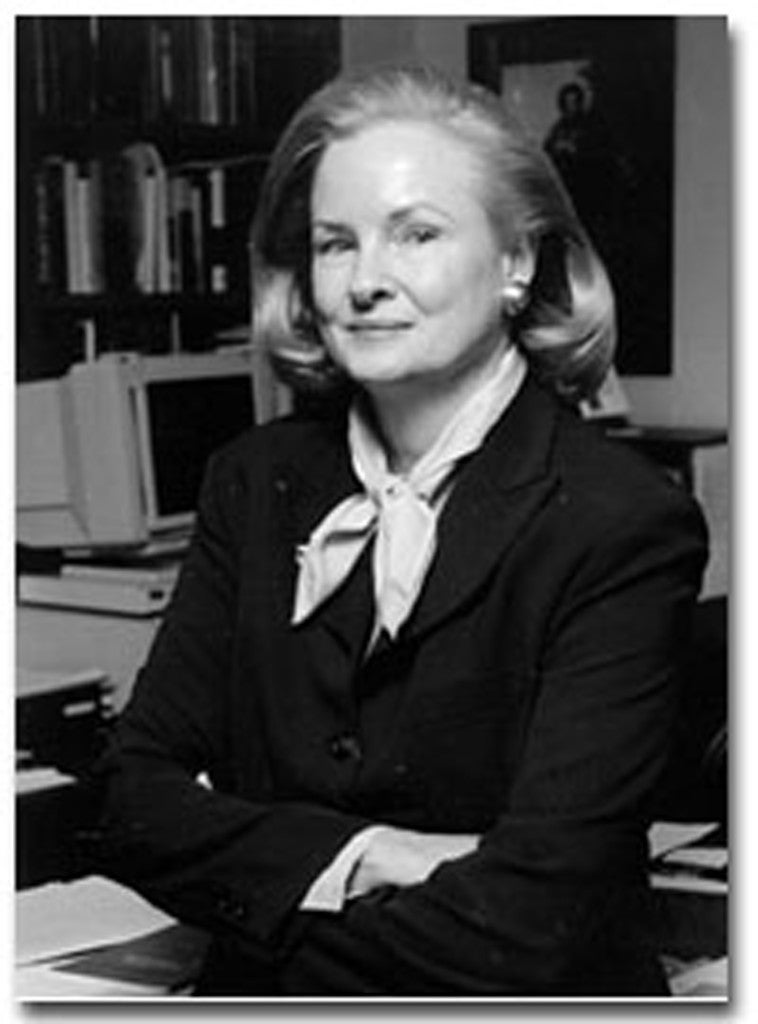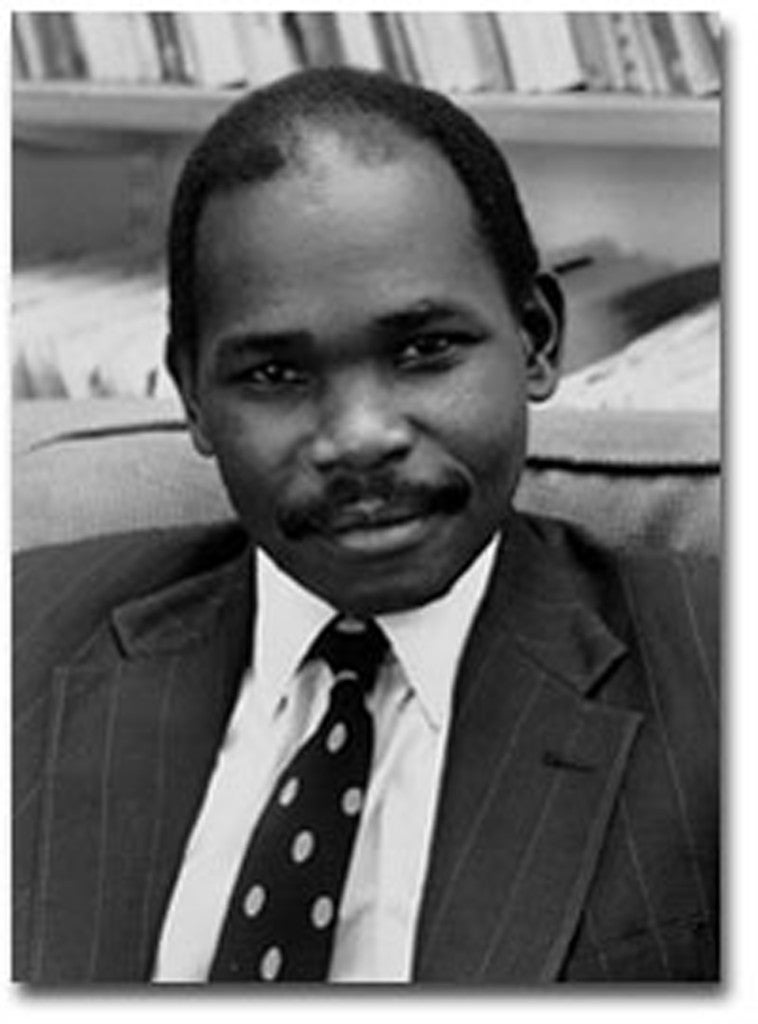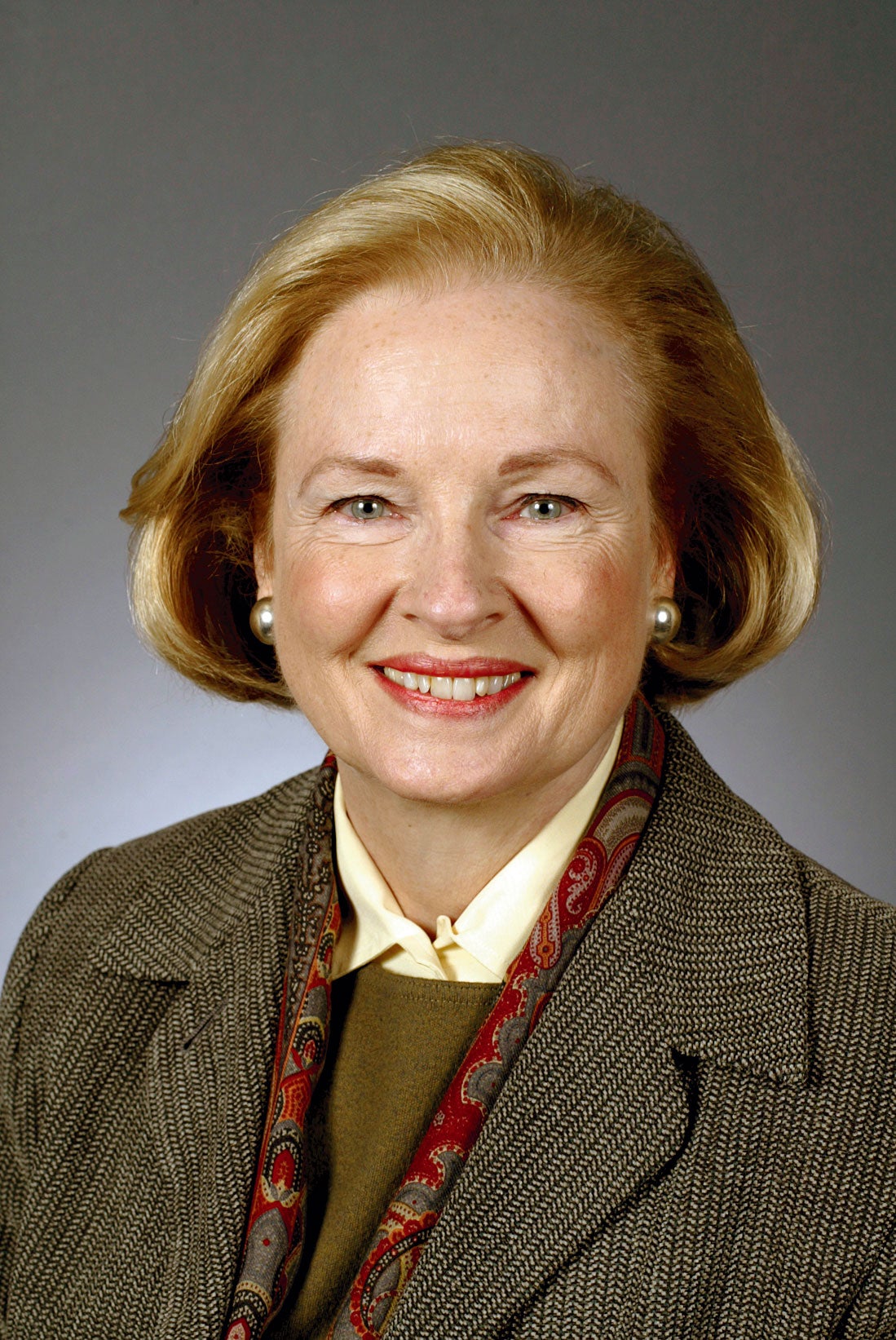Bulletin Editor Nancy Waring asked Makau Mutua and Mary Ann Glendon, two scholars prominent in the field of human rights, to write brief answers to two questions on the Universal Declaration of Human Rights and respond to each other’s answers.
1. There has been a great deal of discussion about whether the Universal Declaration of Human Rights can really be said to be universal. What is your view?

Mary Ann Glendon
The Universal Declaration has often been called “Western” and been rejected on those grounds. My own research indicates that while the Declaration is only imperfectly multicultural, it is, in fact, impressively multicultural. There were 18 members on the original Human Rights Commission, and among the most influential and active were a Chinese Confucian scholar, P. C. Chang; a Lebanese scholar, Charles Malik; and a Chilean social democrat, Hernan Santa Cruz. Aside from their contributions, the Declaration had substantial input from developing and/or non-Western member nations and, in the final review, participation of all 58 member nations of the United Nations, then including 6 Asian countries, 3 countries with large Buddhist populations, 10 countries where Islamic culture was strong, and 20 Latin American countries. In sum it’s very hard to dismiss the Declaration as simply Western. On the other hand, there certainly were parts of the world that were underrepresented, notably sub-Saharan Africa and other countries that were under colonial rule.

Makau Mutua
As you know the Declaration was adopted in 1948, in the aftermath of the 1939–45 war, which I don’t like to call WWII, because it was a European war. At that time, most of Africa was colonized, as was most of Asia. The drafters of the Declaration, those who gave it intellectual content, were of European and North American origin. So the Declaration is a testament to the culture and morals and values of the European West. It is a shameless presumption for the document to purport, as it does, to be a common standard for all peoples and all nations. This is not to say it’s invalid, but it’s incomplete. One example is the document’s unremitting emphasis on the individual as the center of the moral universe. This idea has deep roots in Western philosophy and culture. Many non-European cultures, including African cultures, do not give the individual primacy over the community.
2. If you could make changes to the Declaration, what would they be?
Mary Ann Glendon
If I could change one thing about the Universal Declaration, it would be the way in which the provisions relating to social and economic justice are formulated. I regret very much that over the past 50 years, those provisions have been neglected. The Universal Declaration did well to affirm that respect for human dignity requires not only political and civil rights but also attention to the basic needs of every man, woman, and child in the world. But by putting these concerns in the language of rights rather than in the obligations language of many constitutions, they may have contributed, ironically, to the marginalization of these concerns. So one hope I have for the future of the Universal Declaration is that the Declaration’s social and economic provisions can be lifted up once again and affirmed as indispensable to the main goal of the Declaration, which is respecting human dignity.
Makau Mutua
I would not argue for changes to the Declaration itself. I would argue, however, that it is important to diminish its status somewhat, to discourage the view that the Declaration is the be-all and the end-all. It was inappropriate for the document to announce itself as a kind of Magna Carta or bible of the good society. The authors should have shown more humility. But I think the limitations of the Declaration are best dealt with in subsequent documents that address crucial areas it neglected. The Declaration seems to be premised on the notion that political democracy is sufficient to achieve human dignity, and accordingly, it wrongly equates the containment of state despotism with the attainment of human dignity. A comprehensive understanding of humanity speaks to more than just political rights. Complementary documents ought to address the balance between the individual and the community, and also economic and social rights.
Glendon responds to Mutua
The Universal Declaration is explicitly based on the common humanity of all men and women, thus rejecting the excessive emphasis on racial and cultural differences that was one of the most destructive legacies of European thought and policies in the colonial era. After independence, most new nations adopted constitutions and signed regional rights instruments resembling the Universal Declaration. There is much evidence that cultural traditions around the world do not disagree much on the minimal approaches to human misery embodied in these highly general rights documents, especially since much scope is left for variety in interpretation and means of enforcement. I am going to keep on trying to convince Professor Mutua to become a big fan of the Universal Declaration!
Mutua responds to Glendon
Professor Glendon points to Charles Malik of Lebanon and P. C. Chang of China as important figures in the drafting process. But what needs to be underscored is not their nationalities, but rather the Eurocentric template from which they proceeded as intellectuals and policymakers. Both were educated in the United States, and Chang in particular advocated the inclusion of certain norms from the American Declaration of Independence. I agree with Professor Glendon that economic and social rights ought to be given the same, if not greater, weight by the human rights movement.
